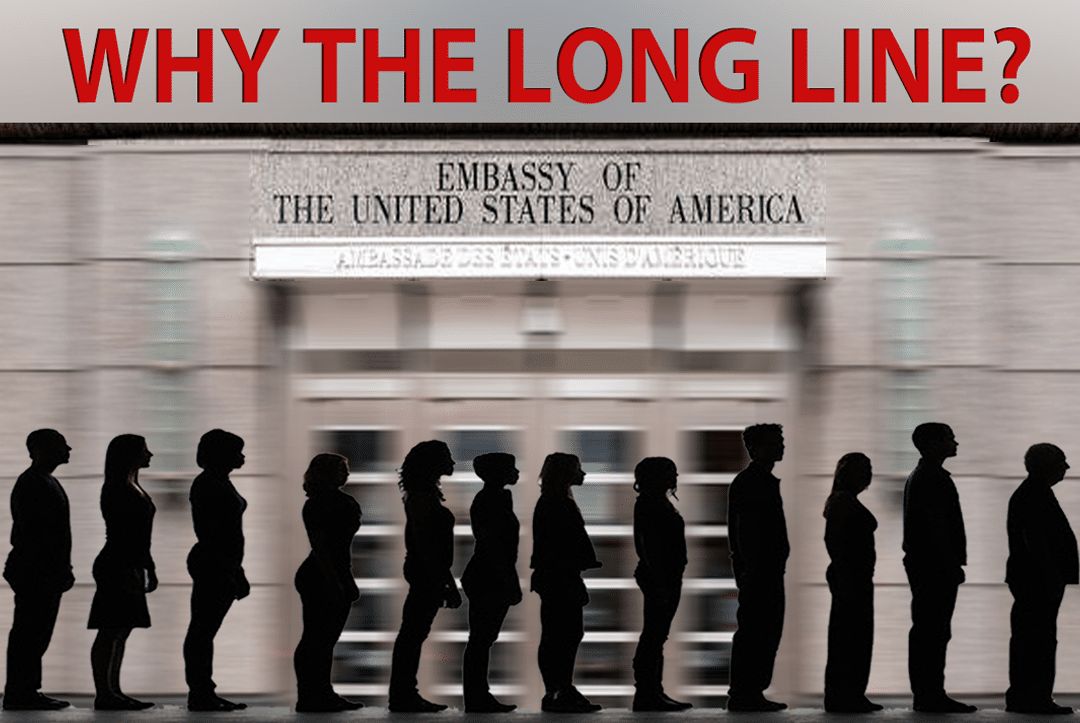
If you are not a citizen of a country in the European Economic Area I (EEA) or Switzerland, you should apply for a Standard Visitor Visa to visit the UK.
The Standard Visitor Visa, or SVV, is usually valid for up to six months of stay in the country. With the visa, you may enter the UK for:
- Leisure, for example on holiday, or to see your family and friends
- Business, or to take part in sports or creative events.
UK.Gov may allow you to remain longer if:
- You are going to the UK for private medical treatment. If you are, Gov.UK may permit you to stay for up to eleven months.
- You are on a sabbatical, and you intend to do some research while in the UK. If this is the reason for your application for an SVV, UK.Gov may allow you to remain for up to twelve months.
Are you going on a tour of the British Commonwealth countries? Remember to visit Australia!
What you can do with a UK Standard Visitor Visa.
On a Standard Visitor Visa, you may:
- Take part in any of the business-related activities mentioned in the Visitor Rules
- Study for up to 30 days, as long as it’s not the main reason for your visit
- If you are under 18, take part in an exchange program or educational tour
- Convert your civil partnership into a marriage
- Pass through the UK in transit on your way to another country
- With an SVV for business, you may conduct or take part in the following activities:
- Attend or participate in a conference, meeting or training
- Take part in a specific sports-related event
- Perform as an artist, entertainer or musician
- Research an academic and conduct research or as accompanying students on a study abroad program
- Take a clinical attachment or observer post for a doctor or dentist.
- Take the Professional and Linguistic Assessment Board (PLAB) test if you are a physician. Or, if you are a nurse or midwife, sit the Objective Structured Clinical Examination (OSCE)
- Get funding to start, take over, join or run a business in the UK
You may also be admitted to the UK on a Permitted Paid Engagement Visa if:
- You are an expert in your profession/field and
- Your visit is paid for by a UK-based company.
Activities you are not allowed to do on an SVV.
If the UK Embassy does not approve your application for a Permitted Paid Engagement Visa, you cannot do paid or unpaid work. Also, you are not allowed to do the following:
- Live in the UK for extended periods through frequent visits
- Apply for and get public funds
- Marry or register a civil partnership
- Notify or give notice to Gov.UK of marriage or civil partnership.
Show that you are eligible to apply for the Standard Visitor Visa.
To prove that you are eligible for the visa, you must meet the following conditions.
- Plan to leave the UK at the end of your visit
- Have a genuine reason to enter the UK
- Able to support yourself and any dependents for the duration of your trip
- Can pay for your return or onward journey and any other costs relating to your visit
- Have proof of any business or other activities you want to do in the UK, that are allowed by the Visitor Rules
If you cannot meet any of the criteria above, the UK Embassy may disapprove your application. Or, you may be given a visa for a shorter period than requested.
Applying as an academic for a UK Standard Visitor Visa.
To qualify to stay on for 12 months, you must prove that you are:
- Highly qualified within your field of expertise
- On sabbatical leave from your home institution
- Visiting the UK to:
- Take part in a formal exchange with a UK counterpart
- Carry out your research
- Be a part of someone else’s research, teaching, or clinical practice.
- Returning to your home country, and you are not going to fill a permanent teaching post.
Applying for medical reasons.
To apply for a UK Standard Visitor Visa for private medical treatment, you must prove that you:
- Have a medical condition that needs private consultation or treatment in the UK
- Made or paid for arrangements for consultations or treatment
- Have enough money to pay for your treatment, support yourself without using public funds and pay for your return or onward journey
- Will leave the UK once you complete your treatment, or when your visa expires
- You are not a danger to public health if you have an infectious disease, such as leprosy.
If you are visiting the UK as an organ donor, you will have to prove that your recipient is legally allowed to be residing in the UK. Also, the recipient is related to you as:
- A family member who you’re genetically related to (for example your sibling or parent) or
- Someone you have a close personal relationship with (for example, your spouse or friend).









